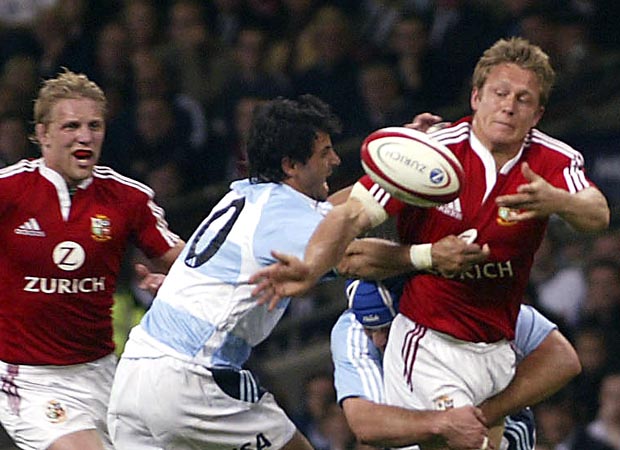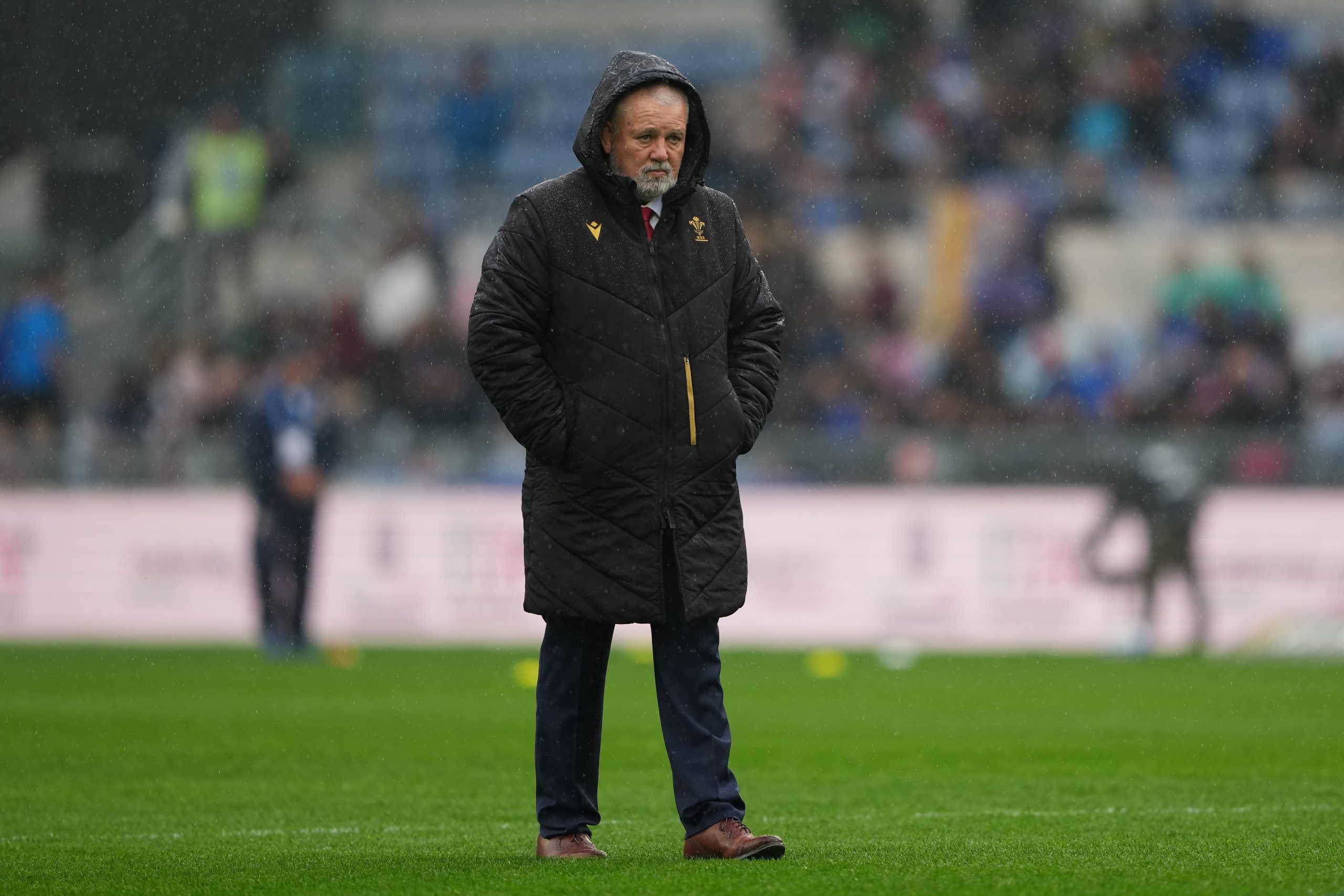
 Having been among those agitating for New Zealand finally to pay a debt of honour to the Samoan people and play a full Test in Apia I can only applaud the All Blacks recent decision to do exactly that next July. It took a while gentleman but chapeau.
Having been among those agitating for New Zealand finally to pay a debt of honour to the Samoan people and play a full Test in Apia I can only applaud the All Blacks recent decision to do exactly that next July. It took a while gentleman but chapeau.
In light of the All Blacks basically admitting that sometimes you should play rugby for rugby’s sake, now is probably a good time to also consider the British and Irish Lions. Outwardly rugby’s great itinerants, the Lions nonetheless seem strangely reluctant, to “go bush” and lend a hand.
From hardy pioneers and rugby evangelists, the Lions have gradually morphed into pampered five-star rugby tourists who travel only the well-paved and lucrative highways of world rugby. Meanwhile a major travel industry surfs their bow wave while a Lions’ visits act as a cash-cow for the lucky hosts who are already among the wealthiest Unions in the game anyway.
Rather like the All Blacks, the Lions have also never visited Apia, nor indeed Tonga. And the only time they have ever popped into Fiji was for a couple of party-hearty days of R & R on the beach at the end of the 1977 New Zealand tour. Demob happy the Lions lost 25-21 and haven’t been back since, which frankly seems a tad rude.
I’m not advocating full-scale tours but Pacific Island Tests should routinely be included en route to New Zealand and Australia while it would be simplicity itself to include, say three matches, including a Test, in Argentina before a South Africa tour. Lions tour matches away from the Test arena in South Africa and Australia, against under-strength opposition, have become lacklustre and uninspiring. It’s time to slightly reboot the creaking Lions model.
In another era the Lions did tour Argentina – in 1927 and 1936 when rugby was at its infancy there – but, since then, virtual exile. The only other time the Pumas were briefly looked on favourably was in 2005 when the Lions needed to raise funds for their forthcoming trip to New Zealand and Argentina patched together an understrength XV to provide training fodder at the Millennium Stadium. Am I alone in thinking that occasion – a 13-13 draw by the way – was not the Lions finest moment?
Meanwhile the Lions’ match – I use the term loosely – against a distinctly jaded and lacklustre Barbarians in Hong Kong last summer was not an edifying spectacle either. In rugby terms it was a bloody nuisance and coach Warren Gatland was not remotely amused but, no doubt, it financially served its purpose.
More sensible surely to head for Apia for a full-on Test, gala occasion and once-in-a-life-time experience for the privileged players involved. As it was the Lions headed towards defeat in the first Test, having scarcely broken sweat in four of their first six games. I love the Lions like few others but the first part of last summer’s tour was plain boring.
Rugby’s global development has always been impeded at crucial stages by its inability to see the bigger picture. Olympic rugby was originally strangled at birth because the Home Unions, with their own competition already in place, would literally not play ball with the rest of the world. Incoming tours from the SANZAR three and reciprocal Lions tours completed the picture. Their ‘cosy club’ of eight was thus complete.
The old IRB, with no voting rights whatsoever for those outside of the cosy club, scorned the very notion of a World Cup for decades because it could potentially both threaten their dominant status and herald some form of dastardly professionalism. I recently came across a remarkable article written by Wavell Wakefield, the high priest of such attitudes, for the RFU Centenary booklet Touchdown in 1971. In this passage he refers to a world congress the RFU had organised as part of their celebrations:
“There could even be a World Cup for Rugby though I, for one, hope it does not happen. The Rugby Union made it clear that the main object of its World Congress was to show how the game is played, and conducted, in England. A World Cup is quite enough of an ordeal for our soccer players whose living it is. For amateur rugby players it would introduce a much too demanding complication into their daily lives. If every country approached the game as we do it might be a different matter. But these are days when sport is so often used as a vehicle for political propaganda. Rather than become involved in that kind of thing I would prefer to see our own rugby revert to its time honoured domestic format with as few commitments outside of the British Isles as possible.”
Lord help us, we have moved on massively since then but as rugby continues its fight to truly become a world game a huge change of mind-set is still required. For many of us the Lions, done properly, is as good as it gets but what an example they could now set by joining the Kiwis by occasionally seeking out new challenges to combine with the best of the old.
The Lions sponsors HSBC are currently running an “In the Future” advertising campaign that informs us that by 2050 no fewer than 19 of the world biggest 30 economies will be nations that we now call ‘emerging’. Is there not a very striking subliminal message for rugby there as well? In fairness to HSBC they are big and loyal supporters of the much more diverse Sevens scene, but the British and Irish Lions are the crown jewels of world rugby and it’s high time for their bright light to shine much more widely.
*This article was first published in The Rugby Paper on August 24.





























You must be logged in to post a comment Login